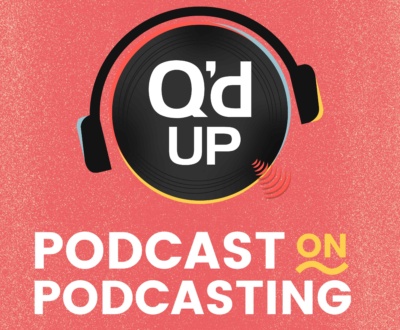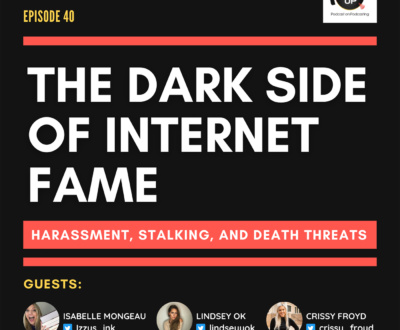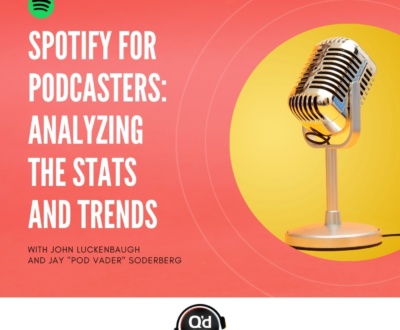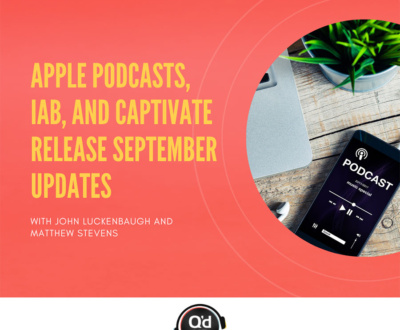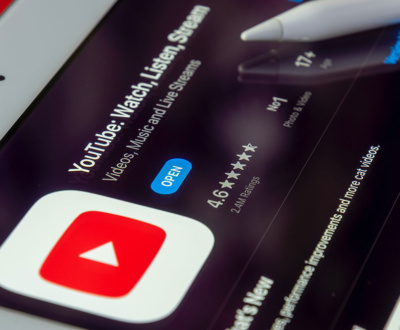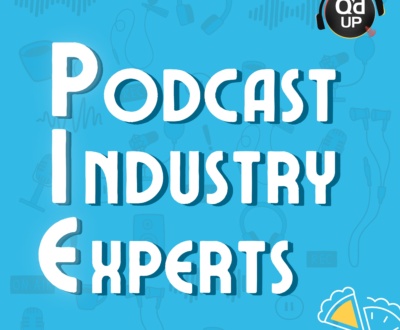How To Overcome Writer’s Block: The Different Types Of Block And Their Solutions
- March 14, 2022
- Cover 2 Cover
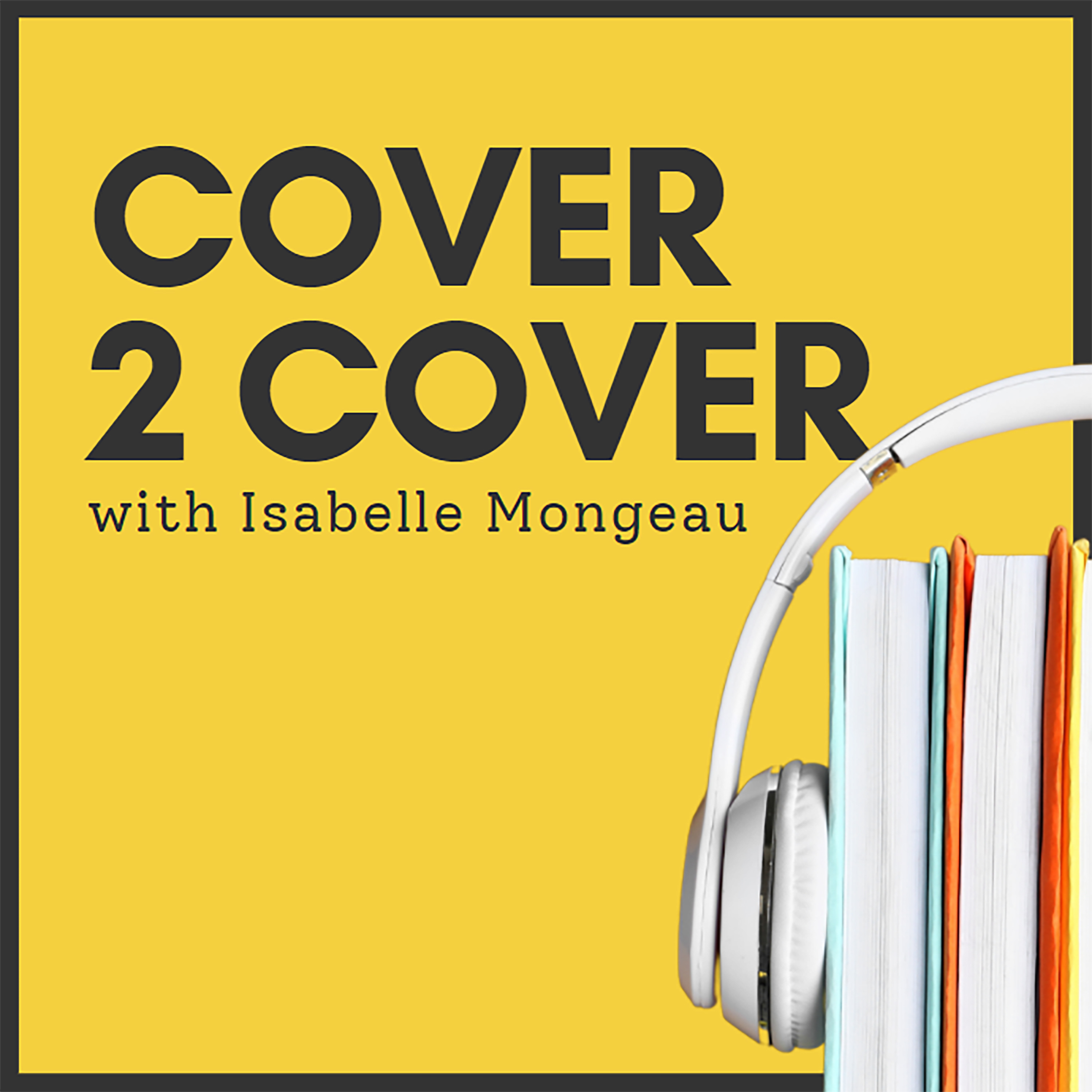
When writer’s block hits, it hits hard and absolutely no one is immune to its effects. But did you know that writer’s block can refer to a ton of different issues all with wildly different symptoms and solutions? That’s precisely what we’re talking about on this episode of Cover 2 Cover.
Join host Isabelle Mongeau as she breaks down some different types of writer’s block you’ll likely come across and tips on how to overcome each of them. Whether you’re a professional writer, an amateur, or you have to write anything ever; this is an episode you’re surely going to want to listen to.
Overcoming Writer’s Block:
Follow Q’d Up:
Listen to Cover 2 Cover:
Episode transcript:
The clock ticks. You stare at the curser, every blink a mocking flash. You crack your knuckles and spread your fingers on the keys. Nothing. Nothing comes to mind.
Just write SOMETHING. You scold yourself. You only have three minutes left. You type: “the dog…”
But there’s no dog in your story. Should there be? You try to spin out the possibilities but only Marley & Me comes to mind. You delete and start again. “I walked into…”
You hate the word ‘walked.’ DELETE. AGAIN.
You’d been writing so fluidly for the past week. Ideas and words and sentences forming an endless stream of creativity. You were even writing at the beginning of the sprint. But about halfway through, it was like the reservoir dried up.
Your timer goes off and your phone pings with a facetime. It’s Claire, your friend who you do writing sprints with. You answer and ask her how it went. She wrote 600 words. You?
“Barely 100,” you grumble.
“What happened?” she asks. “You’ve been doing so well lately.”
“I don’t know! I was writing and writing and then just…stopped. I couldn’t start again. It was like my ideas were suddenly blocked. It was like…” You stop, your mouth going dry.
“Oh no,” Claire says.
Dread fills your stomach. It can’t be. You’ve had a good writing routine, good ideas. Everything was going great, until…
“I have writer’s block,” you say. “God dammit.”
Hi and Welcome to Cover 2 Cover, a biweekly podcast that teaches you how to write, produce and market your audiobook. I’m your host, Isabelle Mongeau from Q’d Up Audio and today I want to talk about the dreaded writer’s block.
The truth of the matter is that even the most professional and experienced writers can suffer from writer’s block. Sometimes it can last an hour, sometimes days, weeks or even months. However, when you’re on a deadline, whether imposed by others or yourself—you don’t have time for that. So, what separates an experienced writer from an amateur one, is learning how to overcome writer’s block—and actually doing it.
And that starts with first identifying what kind of writer’s block you have.
That’s right! There are different kinds of writer’s block and being able to pinpoint which one is plaguing you is extremely helpful in moving beyond it.
In fact, when I asked the other writers at Q’d Up how they personally overcome writer’s block, they all first responded with some rendition of: “what type?”
So, what are the different types of writer’s block?
Some people like to outline a multitude of situations, ranging from 5 different kinds to 30 or more. I believe, however, that all writer blocks can be categorized into three sections:
A procedural block, a creative block, or a psychological block.
A procedural block happens when something goes wrong in your process. This kind of writer’s block typically occurs in the middle of a project. I personally believe it happens when your writer’s intuition/ subconscious, whatever you want to call it, is trying to tell you that something is wrong or off with your current project or even approach.
Perhaps you’ve been writing a book for the past couple months and have backed your characters into a corner. Maybe the story has taken a direction you didn’t expect and now you feel like you’re scrambling.
It happens to us all.
Next, writers can experience what I call a creative block. This usually looks like struggling for new ideas. You can’t put words to the page because you have nothing to say. As opposed to a block, you’re experiencing more of…an emptiness.
In this case, you’re creatively drained. No matter how experienced or professional you are as a writer, there will come a time when your energy, and therefore ideas, is depleted. This can happen at any point in a project.
Lastly, there is a psychological block. Man, is this one fun. A psychological block happens when you’re having difficulty, not with the writing, but with yourself. Maybe you feel like you can’t be a writer. Maybe you think everything you write is garbage. Perhaps you’re wondering what the point is: the project will never be successful, so why even try?
Either the circumstances around the project or how the project relates to you, is bothering you so much that it’s preventing you from working on it. You’ve essentially talked yourself out of the project, for some reason or another.
But you’re not alone. and when we come back, we’ll talk about how to overcome these situation.
“How are things going?” Claire asks from the phone.
You place your head on the desk and groan.
“That bad?” she says.
“Yes.”
“What have you tried?”
“Put a timer on. Didn’t work. Tried changing locations, nothing. Whatever I do, doesn’t work.”
“Maybe you need to take a step back.”
“No, I need to write.”
“you shouldn’t force it right now. Go for a walk instead. Get a snack.”
“I did that and still can’t work.”
“Well, maybe you’re burned out. You’ve been writing a lot these past couple of weeks. Maybe you’re creatively drained. After all, you can’t pour from an empty cup.”You lift your head. “I think you’re right. I’ve made a lot of progress this month—like, A LOT. Maybe it’s time to take a break. Want to get a drink?”
“Let’s do it.”
You see, if you’re able to identify why you’re having writer’s block, you can then go about overcoming it. Different blocks may require different solutions.
A procedural block, one that happens in the middle of a project, is usually your writer’s intuition. You can’t work on that piece because either something is off with it. This could be due to lack of research, a plot problem, a new character or an unclear direction. For this, I suggest a quick break from the project to do something that clears your mind, then come back to it.
Whether you write at a desk, table or even standing, writing can sometimes be sedentary—and this can impact your thoughts. So, if you’re having a procedural block, do something that clears your mind and allows you to think in new ways – even if it’s something small like getting a drink or a snack, petting your dog, playing a video game, or even something mindless like the dishes.
In particular: go for a walk. Get your heartrate up, your blood pumping. This can alleviate stress or nerves.
Try talking your issue through with a friend. When you vocalize the problem, you’re getting outside of your own head, allowing you to vent any emotions that may be clouding your thoughts. In articulating the problem, you may also discover your mind working towards its solution. And who knows? Your friend may also come up with a great idea.
If you’ve brought in a new character, new section or plot idea but now have no idea what to do with it, turn towards research. Research is a great way to find inspiration, as well as offer a direction or structure to hang your writing on. A lot of blocks come down to this.
Overall, try doing an activity that breaks you out of your own frustration so that you can begin to think clearly again. Even simply putting the project away and sleeping on it, can have huge benefits.
Next, if you’re having a creativity block—one where you have no new ideas—it may be because you’re creatively drained, and perhaps burned out. For this block, I strongly suggest taking a longer break from a project. Not just a few hours, or even a few days, but it can be a week, 2 weeks, or more. This can be difficult if you’re very passionate about a project. But don’t panic – you’re still going to come back to it.
In the meantime, however, it’s time to take care of you. Since you can’t pour from an empty cup, it’s time to fill that cup up with other people’s creativity. In particular, I find reading a great source of inspiration, whether it’s related to your book or not. Sometimes reading outside of your own genre helps inspire you even more and give you a break from your subject. I know I’m creatively drained when I start reading and suddenly can’t stop.
Additionally, watching tv, painting, sketching, or listening to podcasts and music helps restore your creativity. Going to a museum, a play, a comedy show are also great ways to indulge in the inspiration of others. In my opinion, nothing is off-limits. If you love old movies or trashy reality shows—consume it. It’s still creative, and you need that right now.
While it may sound too good to be true, or even a cop out, you’d be surprised by the power of your subconscious. Sometimes curating a playlist of new music or watching a stand-up routine or taking an art class can really trigger something in your mind about your own work. The way other people perceive stories and problems and characters can help you view your own book in a different light.
While you are going out and having fun, your brain is still working through your own art, and eventually you’ll become aware of that. This could look like being hit with a bolt of sudden inspiration. It may resemble you taking notes, only to have an epiphany. It may feel like your own work calling you back. Whatever the case, surround yourself with other people’s creativity—in whatever form it takes—and let your mind do the rest.
Now onto what to do when you have a psychological block. Sometimes it’s hard to know when you’re having this type of mental block, as you are so deep inside it. In my experience, it comes down to confidence, performance or other anxieties you may be having. Perhaps you’re writing creativity for the first time in decades. Maybe you really love the project—you love it so much you don’t want to screw it up. Or maybe you’re writing for work and just don’t feel like doing it.
The solution? You’re going to hate it, but it works for this kind of situation. You have to write through the block. Yes, sometimes you do just have to roll up your sleeves and write yourself out of this ditch.
It’s important you only do this for psychological blocks. If you’re having a creative block, this may backfire. Granted, none of this is scientifically proven – it’s just what myself and our other writers have found throughout the years. However, with trial and error, we have found what gets you past the psychological wall – and procrastination as well.
First, let go of writing well. Don’t let perfection get in the way of progress: same thing goes for drafts. Sometimes you just need to word vomit – for lack of a better phrase. Get everything out on paper, no matter how bad you think it is. You can always edit it later.
Try setting a timer. I personally find that setting a timer for 30 minutes jumpstarts the wheels in my head.
Find a good writing playlist. Something that inspires you but doesn’t distract. Write with that specific playlist on enough times and soon, every time you hear it, you’ll want to write. Who said you can’t Pavlov dog – yourself?
Another great way to break though the barrier is taking a quick break, and then moving yourself to a less distracting location. Perhaps that’s your basement, your room, an office, a public library. If you move to a place that is not very simulating, then soon you’ll grow bored enough to write.
Lastly, if you’re feeling insecure or stressed, try telling yourself a different narrative. Instead of “I’m a terrible writer” repeat “I’m a great writer.” Or “I can finish this story” or “this book is going to be awesome.” While it may sound silly, speaking to yourself in a more encouraging and kinder way helps free up some of that anxiety or fear. Essentially, if you can talk your way out of writing, you can talk your way back into it.
Before we close out today, I want to say that if you can’t figure out what kind of block you have, that’s ok too. We find that taking a quick break, going for a walk, and indulging in other creative activities can really overcome any kind of stoppage. Try doing all of those things and see what helps. And if you overcome your writer’s block before you figure out why it happened – that’s ok too. The important thing here is to overcome. So, whether you do so accidentally or purposefully, it doesn’t really matter.
You unlock the door, keys jingling. Muffin greets you with a meow. Drinks with Claire was perfect. You spent the whole time talking nonstop until you practically closed down the restaurant. It was nice to get out, to take a break.
You shrug off your jacket, dump some food in Muffin’s bowl, and glance at your computer. Tonight, you’re going to get some rest. Tomorrow, you’re going to write down your new idea.
Request a free quote
We offer high-quality production, distribution, and marketing for podcasts and audiobooks. Contact us today for a free, no obligation quote

